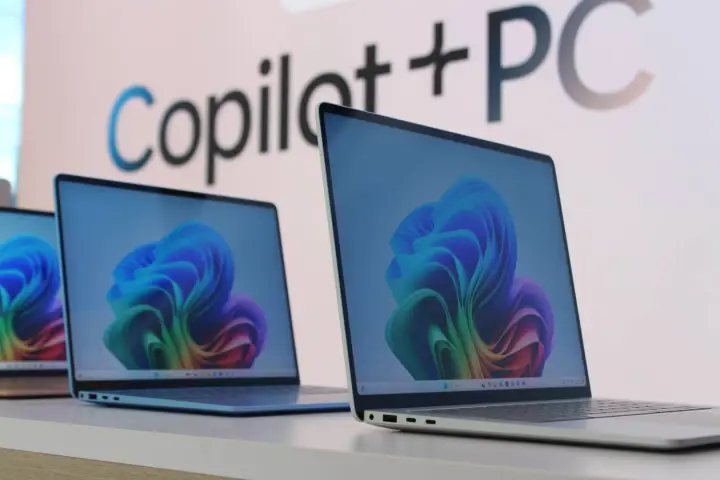
Despite a few setbacks, the highly anticipated Copilot+ PCs appear to be selling pretty well. During their launch week, 20% of all PCs bought globally were Copilot+ PCs. That’s impressive, I have to say.
However, it seems the hyped-up AI features behind the new line of laptops aren’t actually what’s driving the sales. Instead, buyers are being drawn in by a much more practical feature: the longer battery life provided the new Arm-based chips.
At launch, Copilot+ PCs have three main AI features that run on-device (unlike normal PCs that process AI tasks via the cloud). These are Cocreator, an AI art tool, Windows Studio Effects, and Live Captions with Translations, which turns audio input into translated subtitles in real-time. Microsoft’s original plans did include a fourth feature, Recall, but it was postponed due to privacy concerns. All of this is powered locally by the new powerful neural processing unit (NPU), and yet, that’s not the aspect of the new Qualcomm chips that people are excited about.

According to an industry analyst from Techsponential, it really is all about the battery life. Because the real game changer with Copilot+ PCs isn’t that they have AI capability, it’s that they’re Arm-based — just like MacBooks. And while Windows has struggled to switch to Arm and benefit from its superior power efficiency in the past — this time is different. There are more native Windows-on-Arm apps, and Microsoft’s new emulator, Prism, works really well.
Jumping outside of all that tech stuff, the result is a line of Windows PCs with massively improved battery life and no huge sacrifices in usability. According to some early tests, the Snapdragon X Elite chip can even put out the same performance levels while running battery as it can while plugged in. That’s something we noticed in our testing, including with the Samsung Galaxy Book4 Edge. Although battery life hasn’t always lived up to the claims in our testing so far, it’s certainly an improvement over current Intel-based options.
When you put it like that, it’s no wonder Windows laptop buyers are scooping them up. In fact, anyone who doesn’t consider Apple an option has probably been waiting for this moment for years. AI or no AI, good battery life is a winner for any portable PC, and the results Microsoft has achieved here have finally put them back in the game.



